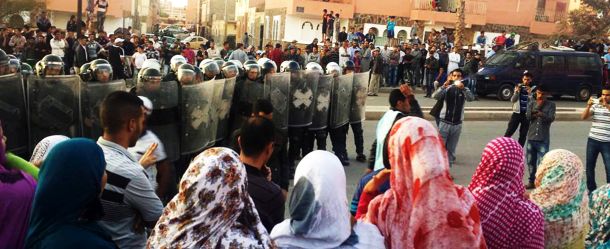
For the third time in a week, Siemens Gamesa is now shipping windmill masts from Spain to occupied Western Sahara.
This story was updated on 9 July 2021, including new shipping details.
The above picture shows the Dutch-flagged cargo vessel Aramis in the port of Motril, Spain, 8 July. The vessel loaded masts for Siemens Gamesa's new controversial windmill project in occupied Western Sahara.
The ship arrived Motril port on late afternoon of 7 July 2021 and departed to El Aaiún, Western Sahara at 5 o’clock in the morning of 9 July 2021. It is expected to arrive at El Aaiún in the morning of 12 July
WSRW revealed on 6 July that Siemens Gamesa is currently sending large windmill masts to Western Sahara.
The company refers to the location as being in “Morocco”, in a press release in 2020.
WSRW and investors has been in contact with the Siemens group for over a decade regarding the legal status of the territory and of the Saharawi people's rights to decide themselves over such projects, without response. Taking account Siemens Gamesa's continued lack of sensitivity to the applicable international law, WSRW last year proceeded to recommend investors to terminate further engagement and exclude the company from its portfolios.
Polisario this week condemned Siemens Gamesa's new large project.
See comments from Western Sahara Resource Watch and Polisario below (in Spanish), with images of the vessel Johannes, which carried out the first two transports.
Report: Moroccan green energy used for plunder
At COP22, beware of what you read about Morocco’s renewable energy efforts. An increasing part of the projects take place in the occupied territory of Western Sahara and is used for mineral plunder, new WSRW report documents.
Energia verde per sostenere l'occupazione nel Sahara Occidentale
L'associazione Western Sahara Resource Watch ha pubblicato oggi stesso un rapporto che descrive come il Marocco intenda costruire impanti di energia rinnovabile di più di 1000 MW (megawatt) nel Sahara Occidentale, un territorio che il Marocco occupa parzialmente.
Green energy to uphold occupation in Western Sahara
Western Sahara Resource Watch has today launched a report detailing how Morocco intends to build over 1000 MW (megawatts) of renewable energy plants in Western Sahara, a territory that Morocco partially occupies.
Moroccan king's "green" company silent on human rights
Nareva, the wind company of the King of Morocco, fails to answer questions on human rights by the international Business and Human Rights Center, in a study published yesterday.


